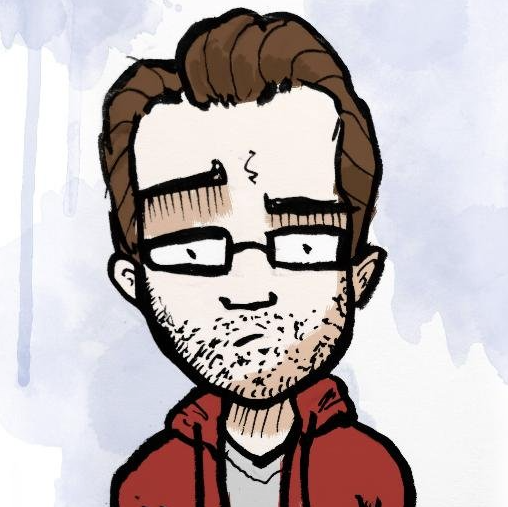Life after RSS...
Back in 2007, I bought my first MacBook. I remember spending an hour or so that morning setting up the apps I needed, dropping some music into iTunes and adding email accounts to Mail. I discovered that here in the Mail app was where RSS feeds were dropped. I immediately loaded up Safari and started adding feeds from my favourite sites and blogs.
It prompted me to try spending time on a morning sitting in a coffee shop catching up on the latest articles. I quickly realised the flaw with RSS feeds is once you are up-to-date with your reading, you're left with nothing else to read (when you're in a shop with no WIFI). My idea to spend each morning giving my brain a nourishing meal before a working day was entirely reliant on the writing habits of the authors.
As time went on, I followed more people on Twitter and occasionally discovered new blogs which meant the number of RSS feeds began to climb. The problem I started out with had gone completely the other way. I had reached a point of saturation. I had more unread feeds than I had time to read them. Any attempt to make a dent was futile as I'd read 5 articles in the morning and another 15 would show up throughout the day. Couple this with the realisation that spending up to £5 a day on coffee was habit I could not afford to keep, my daily RSS routine died.
...content curation
Fast-forward five years and I don't ever use RSS. I made a decision to simply kill all my saved feeds and start fresh. Nowadays I keep an eye on articles people are sharing on Twitter and Facebook, I surmise if something appears more than a few times, it's probably worth a look. Oftentimes I just rely on good ol' fashioned judgement and taking a stab in the hope something will be worth reading after a quick scan.
I also let serendipity take its course and allow myself to wander on the web to stumble across gems I may never have come across otherwise and swipe my way through Flipboard every few days to discover new articles.
This process of curating content means I make conscious decisions about what goes in my reading list influenced by the content itself rather than its author. It also forces me to incorporate the idea of culling and surrendering which was first brought to my attention by Colly in his article for the first issue of The Manual.
By simply accepting that I do not have the time to read the majority of content published on the web allows me to keep my reading lists focussed, manageable and more importantly, meaningful.

